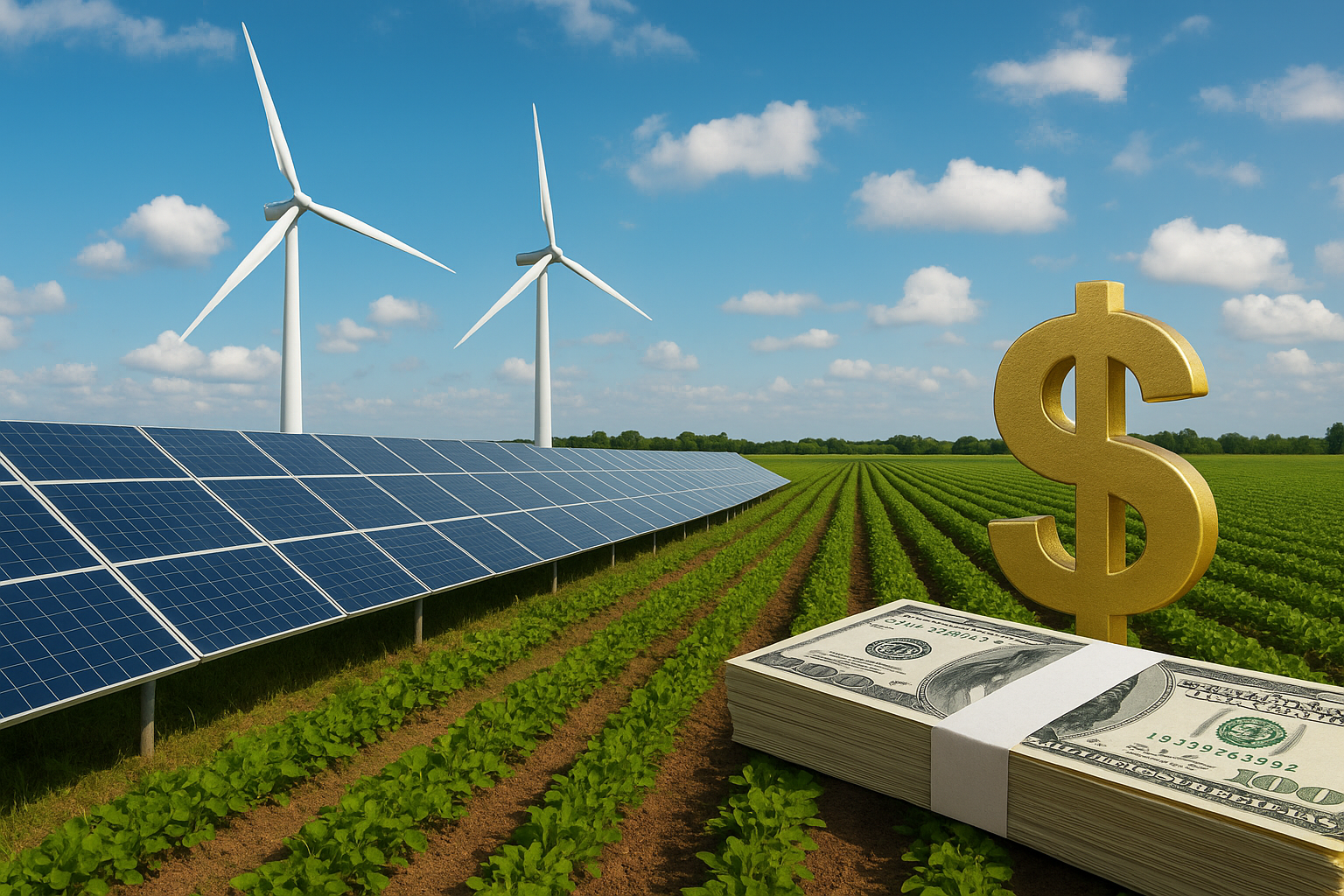Investors seeking new growth frontiers are increasingly turning their attention to emerging-market industries that are blending innovation with sustainability. In a landmark move, the Global Innovation Lab for Climate Finance, headquartered in São Paulo, has endorsed nine pioneering financial instruments aimed at funding renewable energy, resilient agriculture, carbon-credit initiatives, and first-of-a-kind climate technologies across Asia, Africa, and Latin America. The initiative aims to mobilize a total of US$425 million from private, public, and philanthropic sources, signaling a new wave of capital entering high-impact sectors.
Why This Matters for Investors
Emerging markets have long represented both opportunity and risk, but the advent of climate-focused financial instruments is reshaping the landscape. According to the Climate Policy Initiative (CPI), these nine instruments are designed to de-risk projects, attract private capital, and accelerate the deployment of scalable technologies. For investors, this means there are now viable pathways to participate in sectors historically hampered by financing gaps and regulatory uncertainty.
The instruments cover diverse areas including renewable energy projects that reduce reliance on fossil fuels, climate-resilient agricultural practices that safeguard food security, and cutting-edge carbon credit schemes that incentivize sustainable business models. Notably, the initiative also supports first-of-their-kind technologies, providing early-stage investors with access to groundbreaking solutions that have the potential to disrupt traditional energy and infrastructure markets.
Market Implications and Investment Potential
Institutional investors are taking notice. The infusion of $425 million demonstrates growing confidence in climate-tech and sustainable infrastructure as profitable, long-term investment avenues. With global governments emphasizing net-zero commitments and ESG frameworks gaining traction, early participation in these financial vehicles can position investors ahead of broader market adoption.
Analysts note that public-private-philanthropic partnerships can significantly reduce execution risks typically associated with emerging-market ventures. By pooling resources and sharing risk, these partnerships make high-impact projects financially viable while fostering innovation. However, investors should still be vigilant: regulatory frameworks in some emerging markets remain fluid, and the scalability of pilot projects may vary.
Future Trends to Watch
The CPI’s initiative is more than a single funding round; it marks a broader trend of integrating financial engineering with climate action. Investors should monitor several key areas:
- Climate-Tech Startups: Companies offering renewable energy solutions, smart grids, or sustainable agriculture platforms are likely to attract follow-on financing and strategic partnerships.
- Carbon-Credit Markets: As global carbon pricing matures, businesses facilitating carbon-offset mechanisms may experience strong demand.
- Emerging-Market Infrastructure: With growing support from international investors, climate-resilient infrastructure projects may yield high-risk-adjusted returns while addressing critical social and environmental needs.
By closely tracking these trends, investors can identify both direct investment opportunities and publicly listed companies positioned to benefit from increased institutional capital flows.
Key Investment Insight
For investors looking to diversify beyond traditional technology and AI sectors, emerging-market climate finance represents a compelling frontier. The risk-reward profile is distinct: while pilot programs carry execution and regulatory risks, the potential upside includes early access to high-growth sustainable technologies and alignment with global ESG priorities. Strategic allocation to climate-tech startups, renewable energy platforms, and carbon credit initiatives can provide both financial returns and measurable environmental impact.
MoneyNews.Today will continue monitoring these developments and provide timely updates on financial instruments, policy shifts, and market adoption trends. Investors keen on staying ahead in the rapidly evolving landscape of emerging industries and climate-focused innovation should follow these insights closely.





